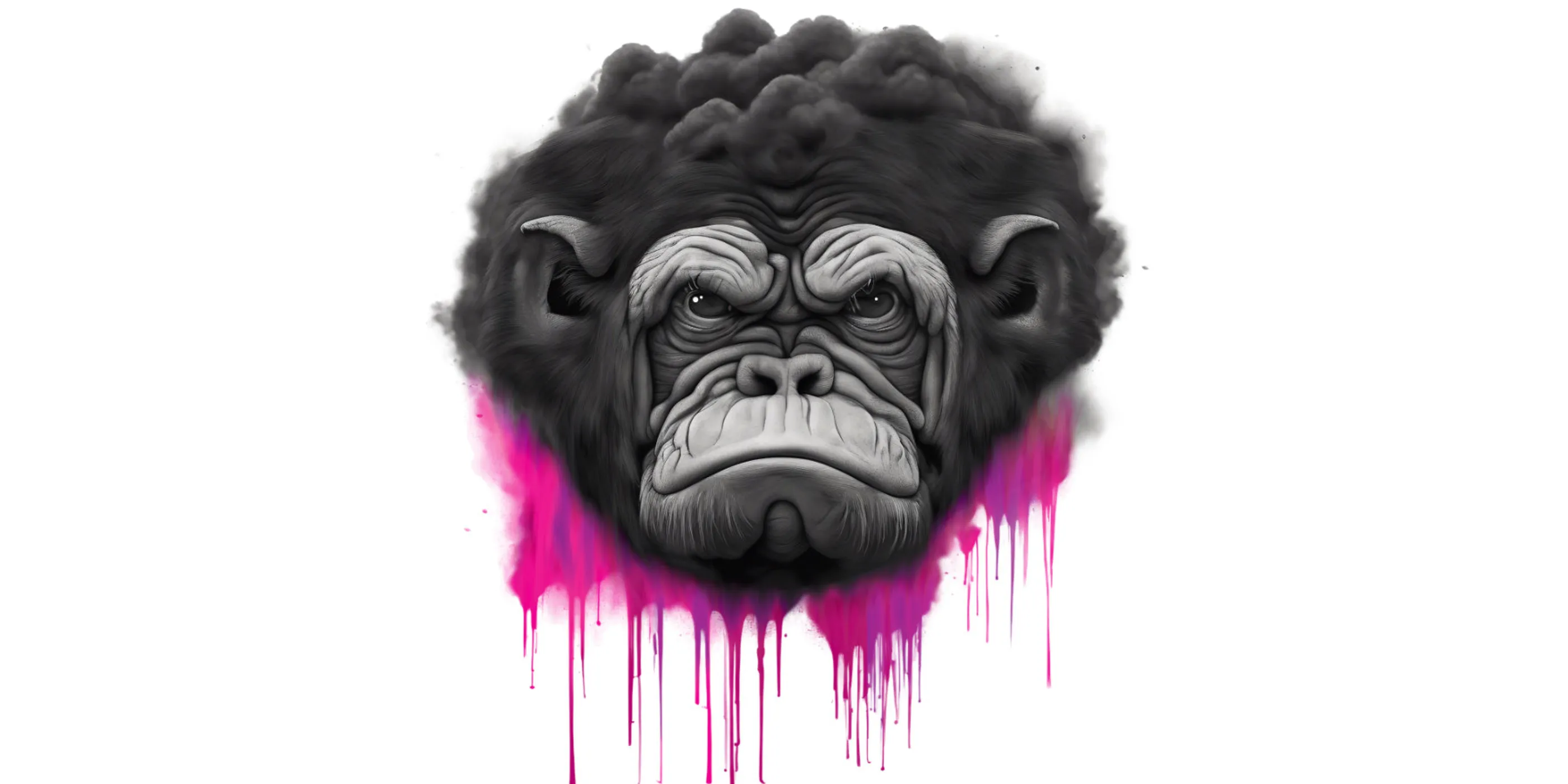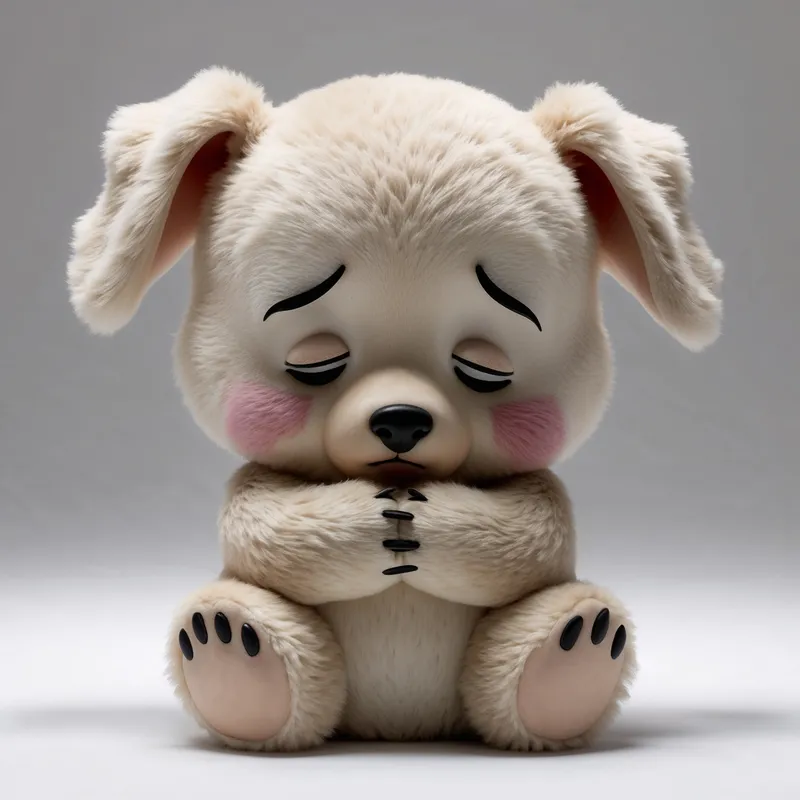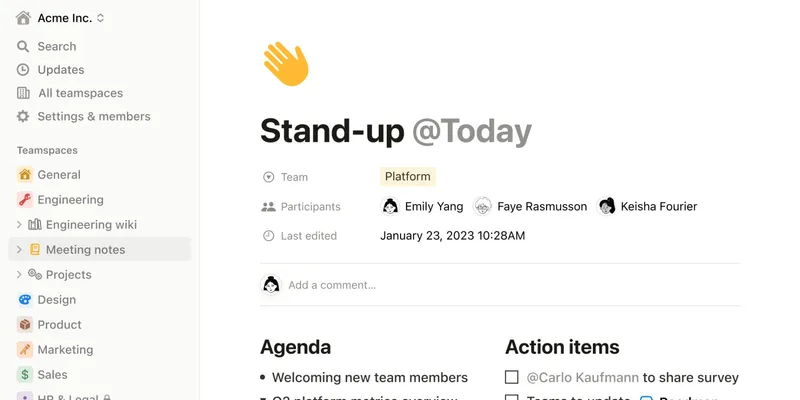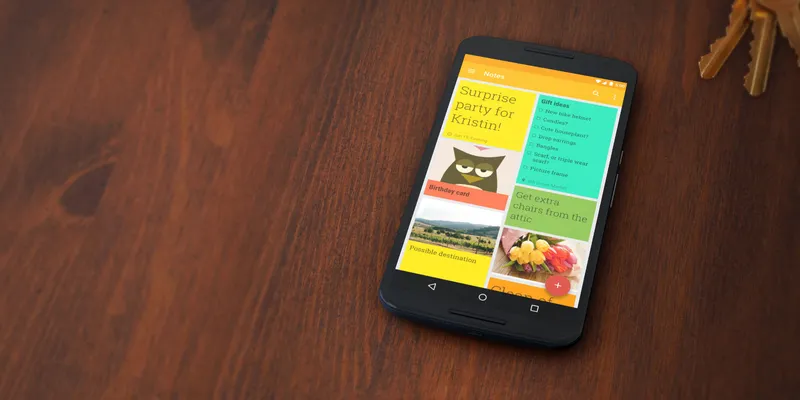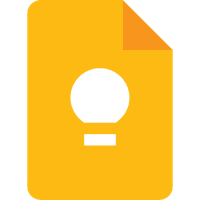Depression is a mental health disorder that affects millions of people worldwide. It is a complex condition that can vary in severity, duration, and symptoms. Depression is more than just feeling sad or depressed from time to time; it has both emotional and physical symptoms that can be debilitating. It can also impact a person’s ability to function in their daily life and may lead to a loss of interest in activities that they once enjoyed. Depression can occur for various reasons, including biological, psychological, or environmental factors. It is essential to seek professional help if you suspect that you or someone you know is suffering from depression as it is a treatable condition.
What is a survival kit for?
It is something I have noticed that when I am at my lowest, I find it very hard to do any of the things that I know will help me. You know, the things like meeting up with friends, getting outside, becoming more present, exercising, eating healthily, and even the most basic of the body's requirements, drinking water. When you are in a depressive state, it is hard to make decisions. The depressive feeling can be all-consuming, and it is hard to find a way out. This is where a mental health survival kit can come in and help. A routine you follow step by step to help guide you through.
Why is it so difficult to make decisions when depressed?
Depression affects not only our mood but also our cognitive processes, such as attention, memory, decision-making, and problem-solving. There are several reasons why it becomes hard to make good decisions when we are suffering from depression:
- Cognitive distortions: Depressed individuals often view the world in negative ways, including their own abilities to make good decisions. This can lead to negative self-talk and feelings of hopelessness, making it harder to weigh pros and cons and make informed decisions.
- Neurotransmitter imbalances: Depression is associated with imbalances in chemical messengers in the brain, such as serotonin and dopamine. These neurotransmitters play important roles in decision-making functions in the prefrontal cortex of the brain. A deficiency of these messengers can lead to impaired decision-making abilities.
- Overwhelmed by options: Sometimes, when we are depressed, we can feel overwhelmed by the number of options presented to us. This can lead to indecisiveness and a "decision paralysis," resulting in poor or no decision-making at all.
- Difficulty imagining future rewards: Decisions typically involve trade-offs between immediate rewards and long-term benefits. Depressed individuals tend to have difficulty imagining a positive future and are more likely to focus on immediate negative outcomes, leading to impulsivity and poor decision-making. 5. Poor sleep and fatigue: Depression can often lead to interrupted sleep and fatigue, which can impair cognitive functions, including decision-making.
Why is it important to prepare before hand?
If it is not obvious enough, when we are in a depressive state, we cannot make decisions that help us. So, if we can plan beforehand, when we are in a better state of mind, we can make the decisions that we know will be beneficial to us. It's like having a first aid kit for your mind. You know, that first aid kit that you have pre-planned in case you physically hurt yourself. You have pre-planned the first aid kit because you know that when you hurt yourself, you need quick access to the right tools without having to overthink things or start looking around your house for the right items you need. This is the same for your mental health; you want the tools laid out for you so you can easily find all the things you need.
The foundations of your survival kit
There are many things that can cause our lows, from diet to stress, so it makes sense to make the survival kit as all-encompassing as possible while keeping it simple and easy to complete. I should also point out at this point that this is not a cure, and if you do suffer from regular or continuing bouts of depression, it is really important that you seek professional advice. Your survival kit should include the following areas:
- Brain Dump: If stress/anxiety is the cause it is really important to get everything down on paper. This mental rant can get out everything that is making you stressed and can often lead to the start of journalling which is an excellent way to help yourself through tough times.
- Plan: Getting everything out of your head is one step but if deadlines are part of the problem then placing events and tasks in your calendar/task list will let your brain know that you have it covered and at the moment it does not need to worry about it.
- Self-care: Do something that brings you joy. This could be as simple as taking a bath or going for a walk. Be kind to yourself, and prioritise your own mental health.
- Sleep: Aim for at least 7-8 hours of sleep a night. If you're having trouble sleeping, try setting a regular sleep schedule, avoiding caffeine and screens before bedtime, and practicing relaxation techniques like deep breathing or meditation.
- Hydrate: As a human we are about 60% made up of water, some of us are wetter than others but if our liquid levels are down even by a single percent it can really affect our ability to function properly.
- Diet: Try to eat a balanced diet, with plenty of fruits, vegetables, lean proteins, and whole grains. Avoid or limit highly processed foods, sugar, and alcohol.
- Exercise: Exercise can boost your mood and reduce feelings of anxiety and stress. Find an activity you enjoy, whether it's yoga, running, or dancing, and make it a regular part of your routine.
- Social: Spending time with friends and family can help combat feelings of loneliness and isolation. Make an effort to connect with others, whether it's through a book club, a sports team, or a support group.
- Mindfulness and relaxation techniques: Mindfulness and relaxation techniques can help reduce stress and improve mood. Try taking a few deep breaths, meditating, or practicing yoga.
- Seek professional help: If you're struggling with depression, it's important to seek professional help. Talk to your doctor or a mental health provider about your symptoms and treatment options.
My personal survival kit
Before I start working through my checklist, I let myself know that it is okay to feel this way and to remove all pressure on myself, e.g. deadlines, etc. It is also important not to overthink anything. I just work my way through the list and tick them off. If I start to think, I will start to procrastinate, and then nothing will get done.
All Day
These are task that are spread out through the day
- Drink water up to 2 litres
- Eat at least 5 pieces of fruit and vegetables - I have homemade smoothies
- Take a break every hour to stretch and walk around.
- Stay off social media and news
Morning:
- Wake up at 7am (wake up at a consistent time)
- Stretch or do some light exercise to energise yourself for the day
- Brain dump every feeling, problem and thought onto paper and expand as needed on any items that pop up.
- Plan any tasks that need organising into days, put things off into the future that can be.
- Schedule 1 main task per day to make a dent into whatever is causing the depression/anxiety.
Mid-day:
- Practice mindfulness or deep breathing exercises for 5-10 minutes to reduce stress
- Call someone to just chat to and see how they are
- Get outside and be present
Evening:
- Avoid screens for at least 30 minutes before bed.
- Take a warm bath or practice relaxation exercises to wind down
- Evening brain dump
- Plan your schedule for the next day to reduce stress and anxiety.
- Aim for 7-8 hours of sleep
Designing your mental survival kit
Creating a survival to-do list is an essential step in prioritising self-care when dealing with depression, anxiety, or any other mental health issues. The key is to tailor the list specifically to your own needs and preferences while keeping in mind that self-care requires consistency and discipline.
Firstly, take the list from the foundations of your survival kit and write them down. Then, take an inventory of things that you know have helped you in the past and add them to the categories like sleep, diet, and exercise. These are your personal tasks that will help you.
Next, you need to make sure that all the categories are filled with at least one task. So, for example, if sleep has no tasks in there yet, then add some that will help make sure you get enough sleep (however hard you may find it to do). For example, leave your phone in another room or make sure you go to bed at the same time every night. Work your way through each of the categories until you have them all filled with at least one rule/task each. Remember that these are not going to be set forever, so when you have a depressive episode, if something from your list does not work, it is absolutely fine to swap it out for something that will or just tweak it so it does work.
Next, create a schedule for yourself that incorporates these activities into your day. This is your daily routine that builds structure into your day and allows you to tick them off as the day goes by. As you can see from my routine, I have broken them into all day, morning, midday, and evening, but you can also just write them in the order that they need doing, if that makes sense to do so.
Ensure that your schedule is flexible to accommodate life transitions and unexpected events; remember to be compassionate to yourself when you miss a routine and to get back on track as soon as possible.
Most importantly, you must create this list when you are in a good place mentally. This seems obvious, but when we are in a good headspace, we are much more aware of what we need and what will help us. In a way, that allows us to be our own therapist, and who knows us better than us?
How to use you mental survival kit
When we are in a depressive state, it is very difficult to help ourselves, so our survival kit has to be easy to access and have as few obstacles as possible to get the process started. I use a to-do list called Tick Tick, and they have templates that allow me to store my survival kit instructions. I can apply them to a day and start checking them off. If you prefer paper, then make sure you have a few copies printed off and they are in a place that is easy to find and get to. There are many ways you can do this, but just make sure you use a way that is easy for you to incorporate into your day-to-day routine.
Once you have your list in front of you, it is very easy to view it negatively and give up. This is where the "just do it, no thinking" method really works. Each task, you just work your way through. Don't overthink anything, don't argue whether you should be doing it, you just do it. It's not meant to be easy, but the process has been created by yourself, and so you know that it will be good for you.
When you have got to the other side and are feeling in a better place, it is important to journal how the survival kit worked or did not work for you. It is unlikely that you get it right the first time, and it will need tweaking to work for you. Be ready to drop things that didn't work, tweak things that almost worked, and improve on the things that did help. Eventually, you will have a perfect survival kit that is designed for you.
Summary
Depression is a mental health disorder that can be severe, lasting, and debilitating. It can negatively affect decision-making abilities due to cognitive distortions, neurotransmitter imbalances, feeling overwhelmed, difficulty imagining future rewards, and poor sleep.
To combat depression, it is really helpful to build a personal survival kit that includes self-care techniques and activities that can be done when in a depressive state. These activities may include brain dumps, planning, self-care, sleep, hydration, diet, exercise, socialising, and mindfulness/relaxation techniques. It is important to tailor the list to personal preferences and to make a schedule that incorporates these activities into daily life.
However, seeking professional help is crucial, the survival kit as with many other things is the part you do to help yourself and don’t forget the survival kit should be designed in a positive mental state.
